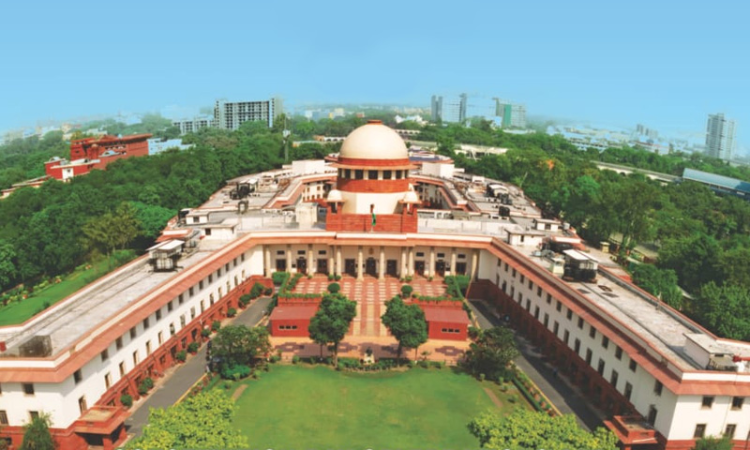- Home
- /
- Top Stories
- /
- Supreme Court Upholds Foreign...
Supreme Court Upholds Foreign Contribution(Regulation) Amendment Act 2020
Manu Sebastian
8 April 2022 2:19 PM IST
The Supreme Court on Friday upheld the 2020 amendments made to the Foreign Contribution (Regulation) Act 2010, which introduced restrictions in the handling of foreign contributions by organizations in India.A bench comprising Justices AM Khanwilkar, Dinesh Maheshwari and CT Ravikumar pronounced the judgment in PILs challenging the Foreign Contriubtion(Regulation) Amendment Act 2020(Noel...
Next Story



